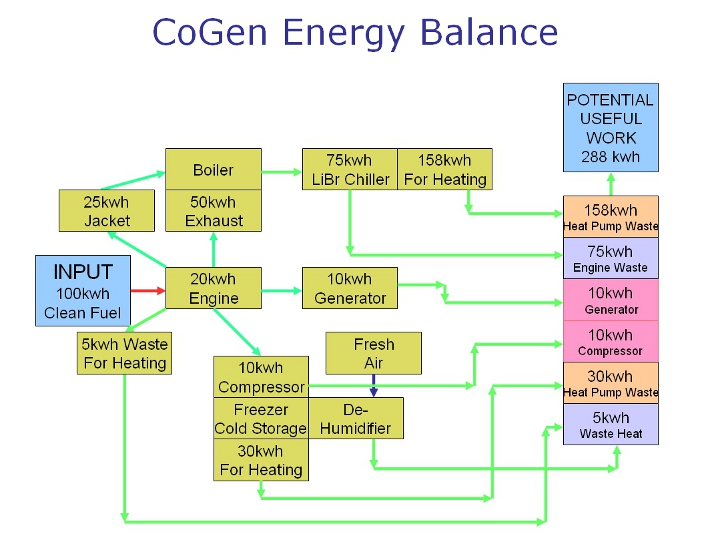"Instrumentation with a Humanitarian Dimension"
please email us for further information
thcal@yahoo.com
- Our "Interfaces for the Blind" projects have been successful. One is a braille literacy-based system, and the other is for the navigation of the blind. In the coming school year, we expect to undertake more projects to support the blind.
-
-
- The "braille literacy-based system" consists of one lower-end PC used by many blind persons simultaneously. Each blind person is provided with one traditional keyboard and a home-grown braille display. This system provides the blind with the tools for reading files, surfing the internet, and for editing manuscripts. In today's technology, one would typically see one higher-end server networked to several PC's that are each used by one person.
-
- The navigation tool provides the blind with a touch-based indicator of distance.

ON TOP OF OUR LIST FOR 2008 - - -
With four volunteers this year, our project should actually be helping blind people gain "braille literacy", as well as, compose and edit, browse the internet and gain access to vast knowledge there.
And all these will be done using very affordable hardware and software.
This should cap the research work that started in 2004.
|
-
Ateneo de Manila University is a member of a Consortium of Universities that is focused on "full co-generation applications"

My vision for the co-generation project is to develop very high efficiencies through the careful configuration of energy recovery systems and heat pumps. A theoretical energy utilization of 298 energy units using an input of 100 is technically possible. [Because the output is higher than the input, we Mechanical Engineers, coined the term "Coefficient of Performance (COP)" to be able to compare one system with another.]
| Input Energy |
- |
100 |
energy units |
| Electricity |
- |
10 |
units |
| Heating |
- |
193 |
units |
| Chilling |
- |
75 |
units |
| Freezing |
- |
20 |
units |
| Total Work |
- |
298 |
energy units |
Energy inputs to heat pumps cause the harvesting of "new energy" from the environment. That energy is channeled back for purposes such as drying and preservation of food; and also for high-grade salt and potable water production.
Likewise, a potential emission reduction of 50% can be achieved for carbon dioxide (CO2) with such a system.
The scheme below is an example of a "co-generation" facility that was designed to use natural gas as fuel and acheive an "overall thermal efficiency" of 60% or more in Batangas.

|
-
Remote Condition Monitoring of Batteries

Remote batteries will be monitored to a central station. At the station, the health condition of the batteries will be assessed to provide "predictive" information to the operator of the system.
|
- We have supported the photo-voltaic "solar project" that supports rural communities in the country. Among others, this project collects energy from the sun and produces
-
- specific wavelengths of light that promotes the growth of algae
-
- UV light to purify drinking water
Research here will include harvesting water from the environment, designing and building an inexpensive 60Hz power inverter, and whatever else is needed to support the project.
|
-
Our work on the "Personal Medical Database" has progressed, and its modules have been quite successful.
The support work will be continued this year.
|
-
- We assisted the Chemistry Department in the two projects below. These projects will be pursued further this coming year, attempting other technologies.
-
- in the affordable gas chromatograph project, and
-
- in the ultra-capacitor project
-
